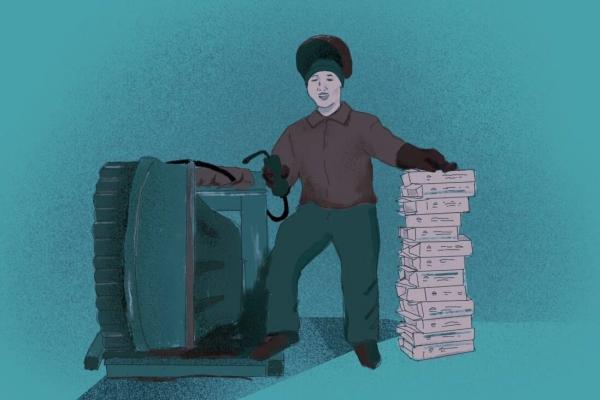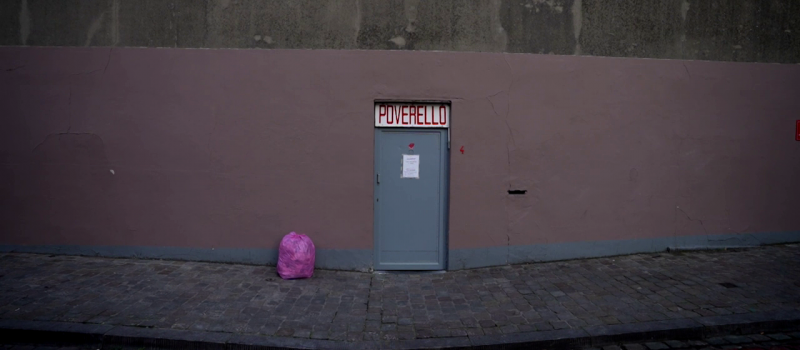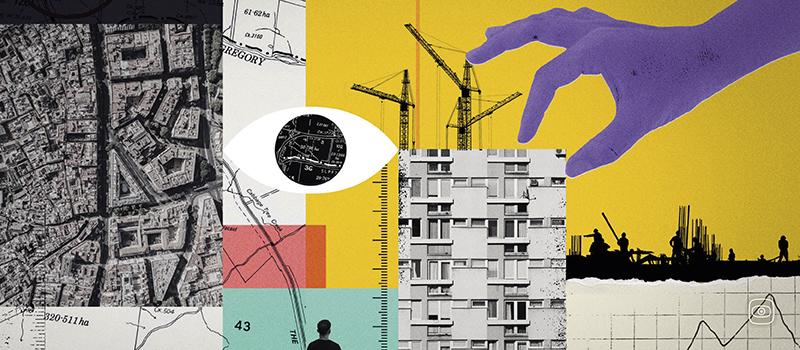
BUCHAREST - Facing an acute labor shortage and a drastic decrease in population, Romania has allowed tens of thousands of South and East Asian workers, from Vietnam, India, Nepal, Bangladesh, and Sri Lanka, into the country. . The investigation is following the path of Vietnamese and Indians workers mostly -but also from other nationalities- who faced abuses and are victims of lack of assistance from their country of origin and then in Romania.
In the year 2021, the country increased the quota of 50,000 working permits (renewed or not) for non-EU workers and doubled it in 2022 to reach 100,000 working permits. The workers go deeply into debt for travel and job placement expenses in order to live the « European dream » but find themselves in an Eastern European country that is not used to host migrants and often faces lower-than-promised wages and exploitation.
The Romanian government does little to help the workers, saying they lack the resources and even the ability to communicate with them.
The investigation is following the path of Vietnamese and Indians workers mostly -but also from other nationalities- who faced abuses and are victims of lack of assistance from their country of origin and then in Romania. All the mechanisms of modern slavery are put into place: high debts, passports confiscated, forced labour, illegal work, and no possibility to change the employer easily because they can find themselves without a job and a visa – as the visa is connected to the work contract. As a matter of fact, the journalists managed to dig into the Romanian regulation system to show the « administrative limbo » the workers face, and also the gaps and lacks of long-term strategy for integration, fair recruitment and better working and living conditions.
Moreover, it also shows the accountability of actors from their home countries, and how the situation of migration can’t be ended as some migrants can’t back home easily.
As a result, some of the Asian workers – often disappointed by the conditions in Romania and lack of assistance - pay even more to be smuggled into Western Europe, into the Schengen area, where they become illegal immigrants who can subject to even more vulnerable conditions. The team managed to follow cases of smuggling at the border with Hungary.
Illustration: © Czarina Divinagracia
PRINT/ONLINE
- La Roumanie, nouvel eldorado des travailleurs asiatiques, La Croix, 06/11/2021. (in French)
- Vietnamese migrants fill Romania’s worker crunch but face risk of exploitation, South China Morning Post, 16/03/2022.
- Le « rêve européen » des travailleurs asiatiques en Roumanie : le mirage et la déception, Le Courrier d'Europe Centrale, 16/04/2022.
- Mirajul și dezamăgirea asiaticilor veniți să muncească în România: „Copiii mei plâng de fiecare dată când îi sun. Mă roagă să mă întorc acasă”, Libertatea, 22/04/2022.
- Lupta muncitorilor asiatici ajunși în România cu birocrația și cu abuzurile angajatorilor: „Îmi întreb zilnic șeful: «Când ne plătești? Când ne înnoiești permisele de muncă?»”, Libertatea, 26/04/2022.
- INVESTIGAȚIE. După ce au descoperit că „România nu e raiul pe pământ”, muncitorii asiatici fug în Occident. Un traficant dezvăluie cum și cât costă, Libertatea, 28/04/2022.
- Le « rêve européen » des travailleurs asiatiques en Roumanie : les limbes administratifs, Le Courrier d'Europe Centrale, 05/05/2022.
- Le « rêve européen » des travailleurs asiatiques en Roumanie : rester ou partir, Le Courrier d'Europe Centrale, 23/05/2022.
need resources for your own investigative story?
Journalismfund Europe's flexible grants programmes enable journalists to produce relevant public interest stories with a European mind-set from international, national, and regional perspectives.
support independent cross-border investigative journalism
We rely on your support to continue the work that we do. Make a gift of any amount today.















